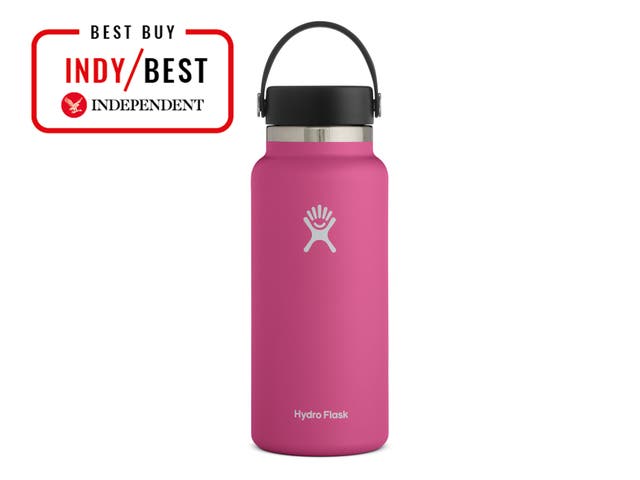
The Independent's journalism is supported by our readers. When you purchase through links on our site, we may earn commission. Why trust us?
World Oceans Day 2022: The sustainable swaps to make, from shampoo bars to reusable coffee cups
This year’s campaign is calling for collective action to protect our oceans and restore their vibrancy
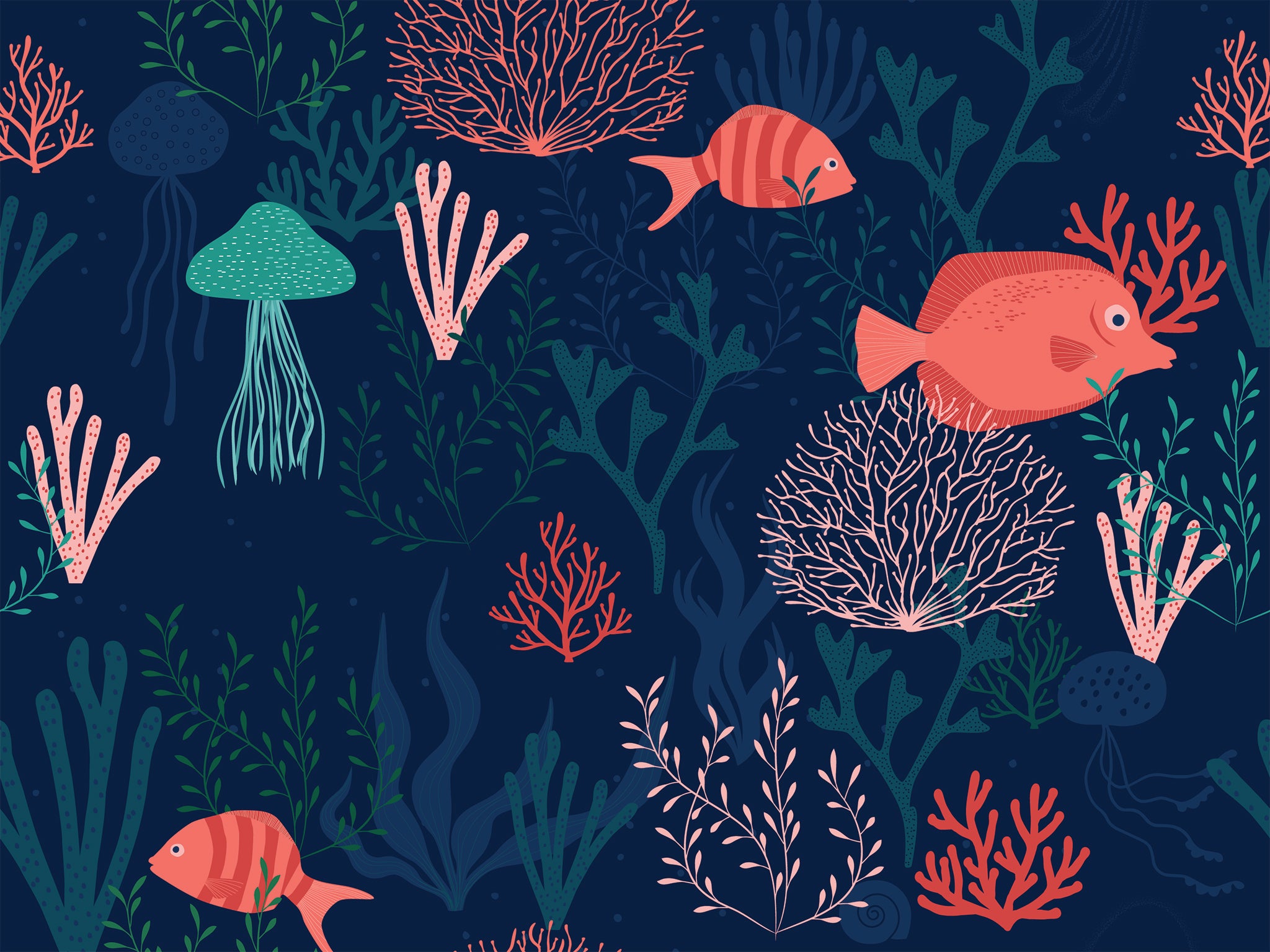

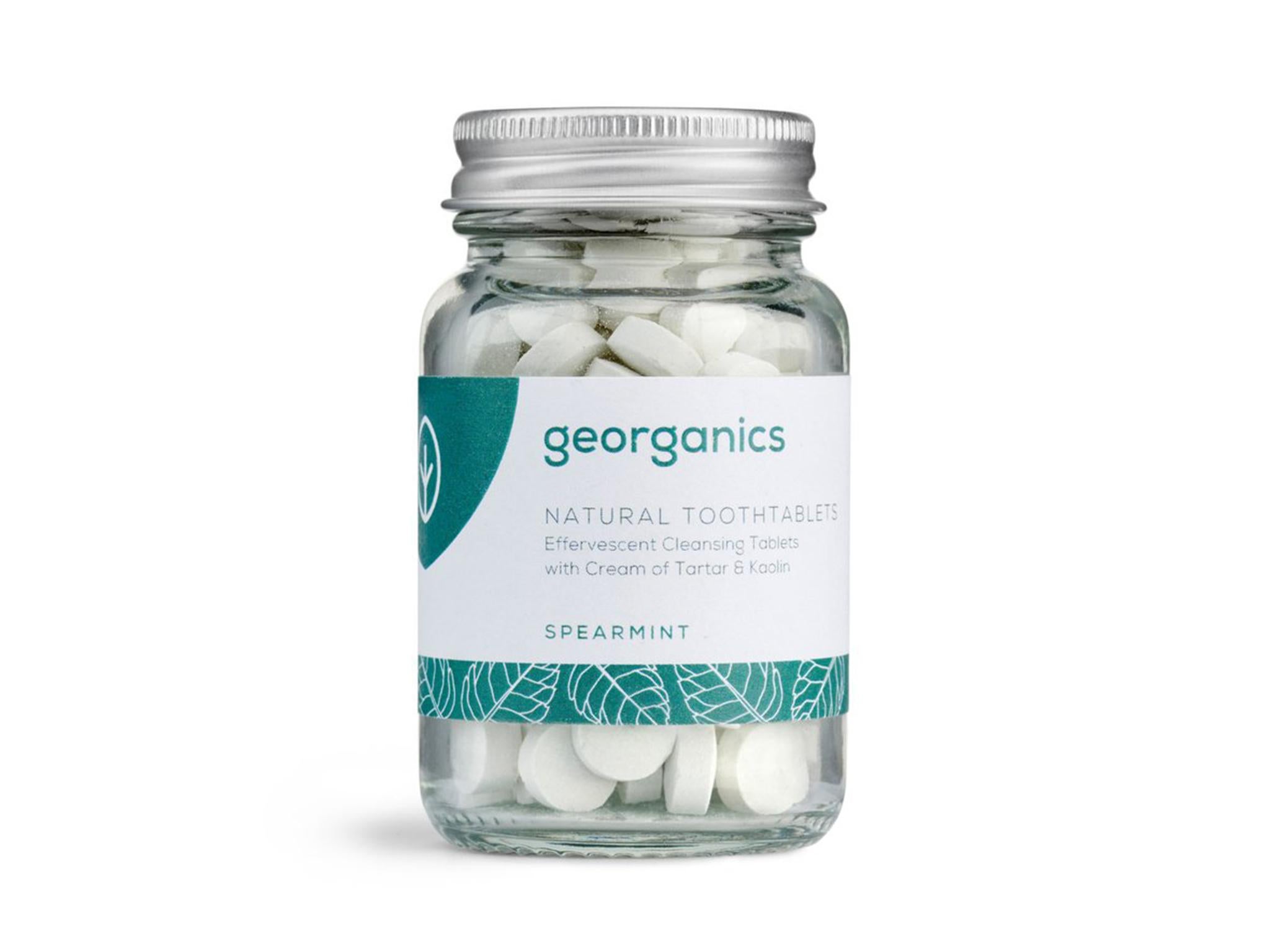

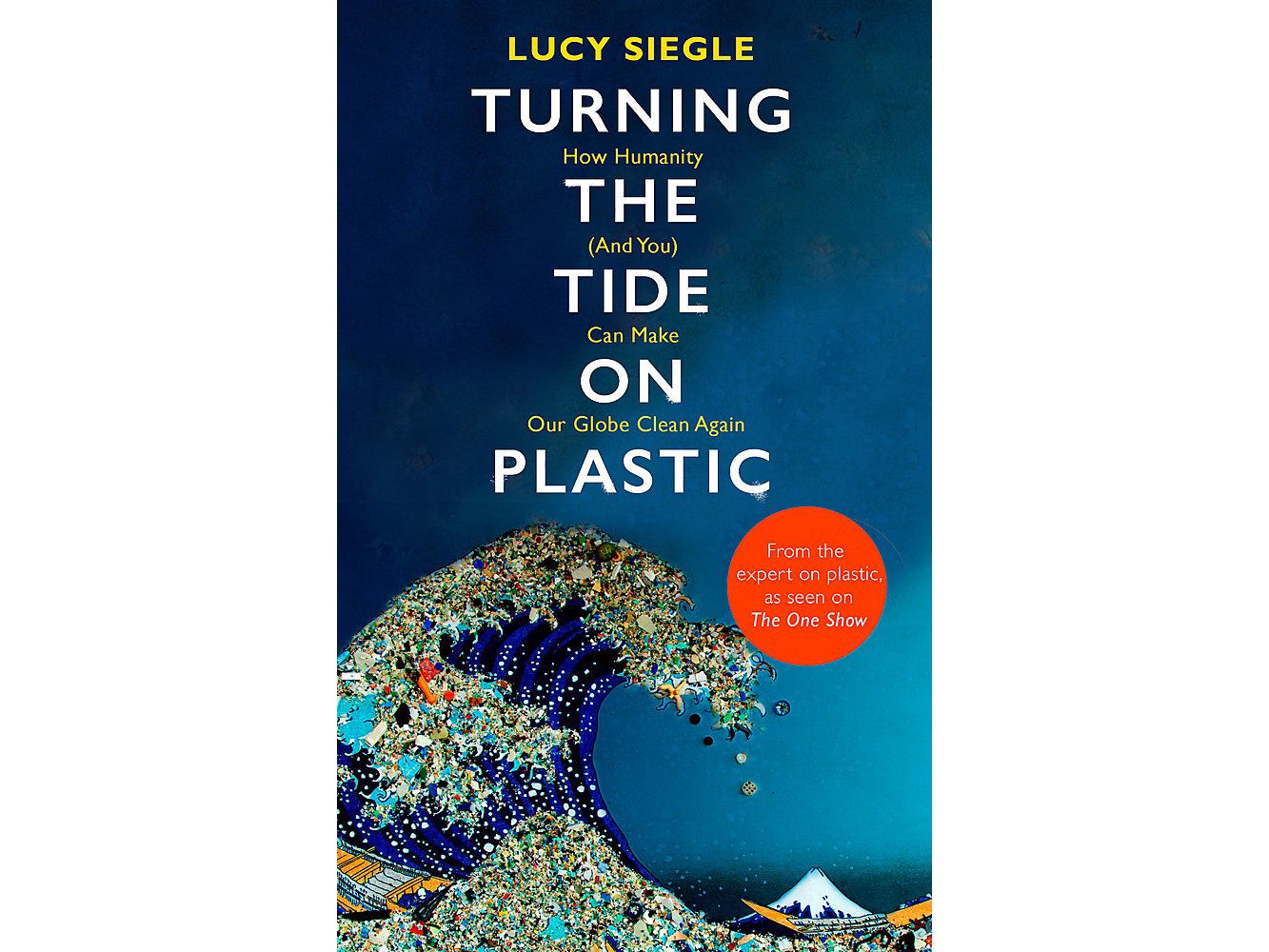 'Turning the Tide on Plastic: How Humanity (And You) Can Make Our Globe Clean Again' by Lucy Siegle, published by OrionRead review£8
'Turning the Tide on Plastic: How Humanity (And You) Can Make Our Globe Clean Again' by Lucy Siegle, published by OrionRead review£8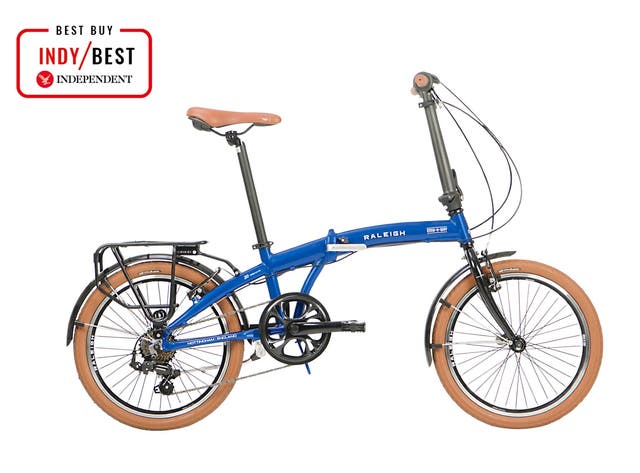
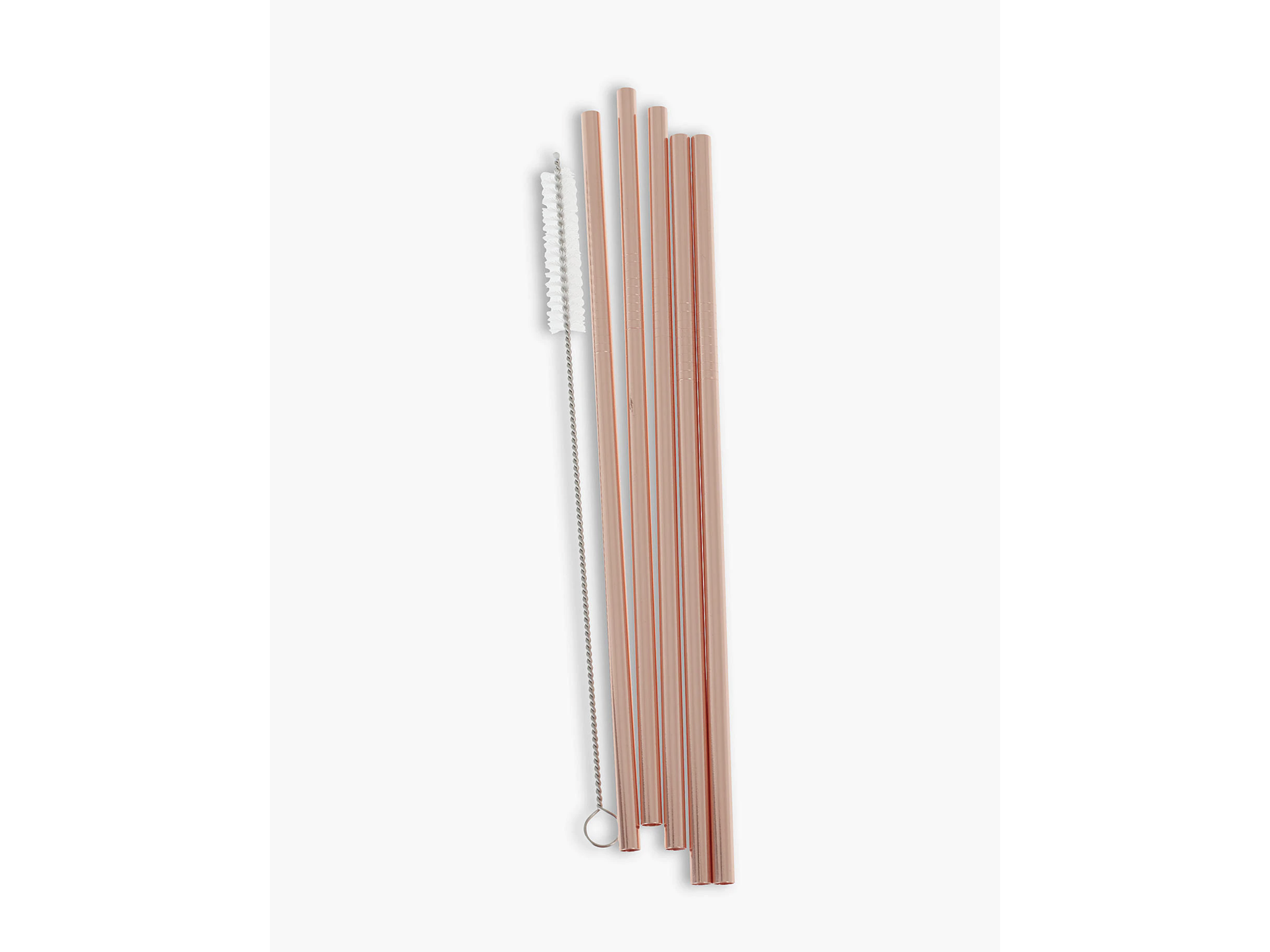
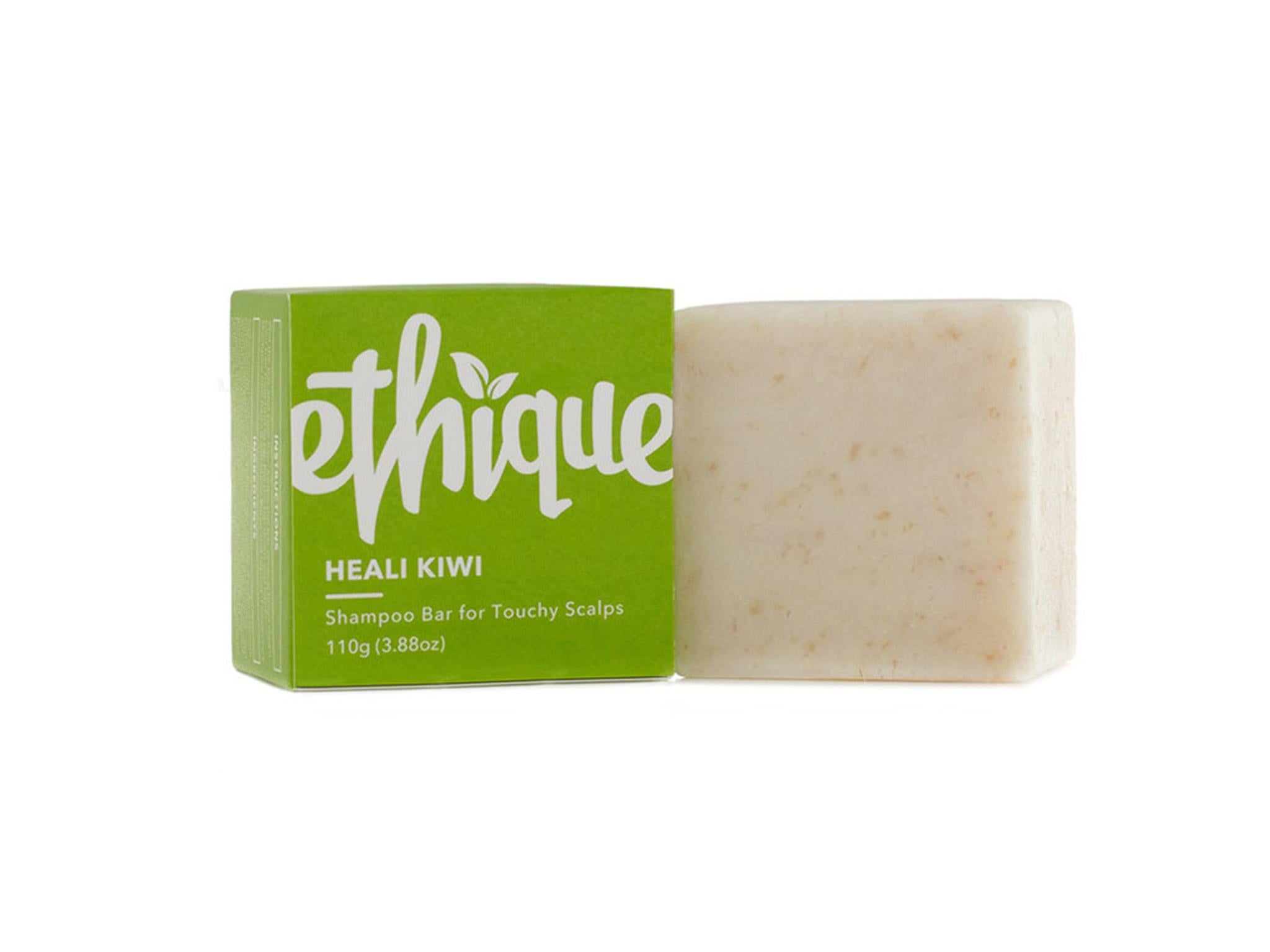
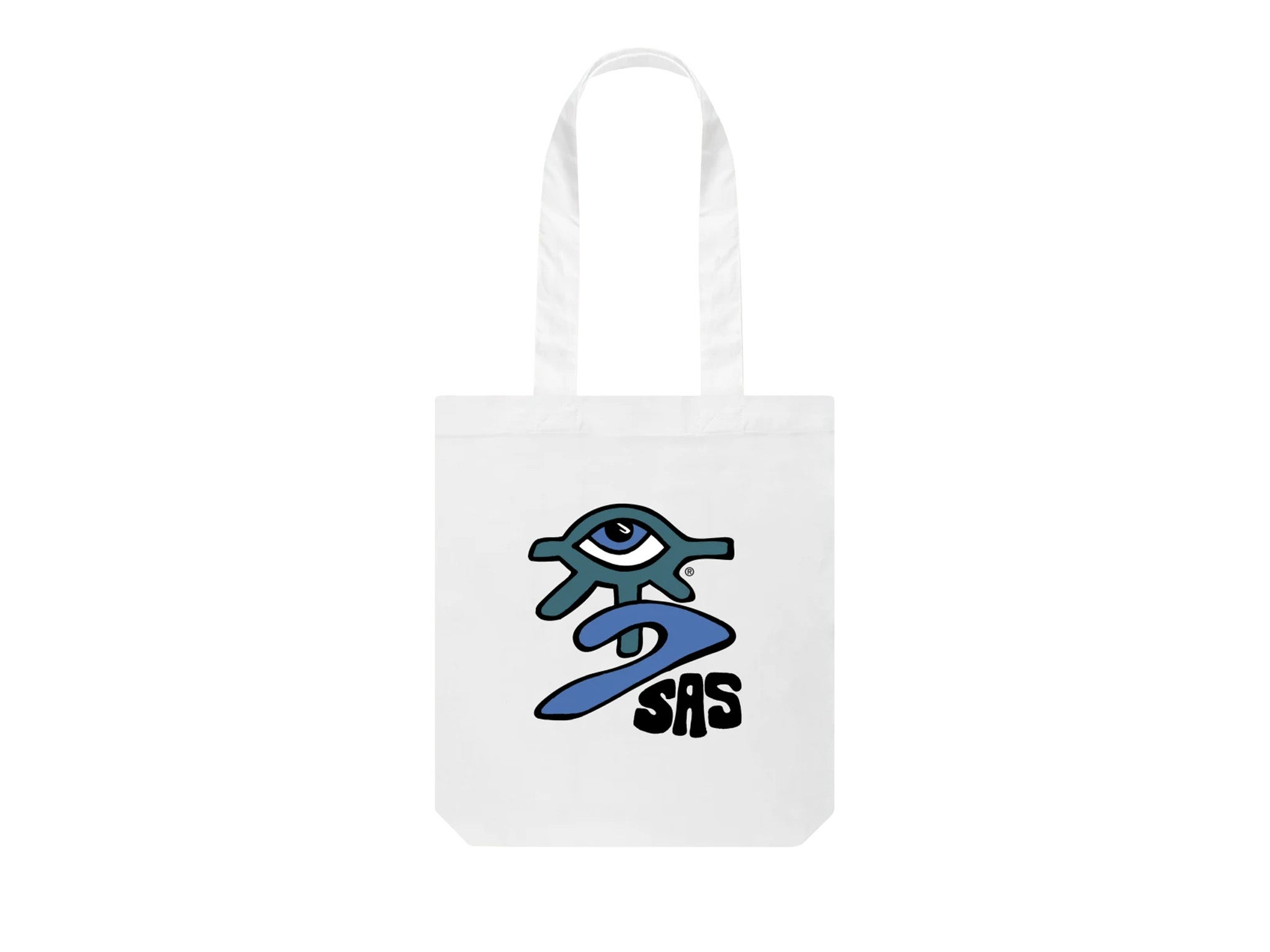
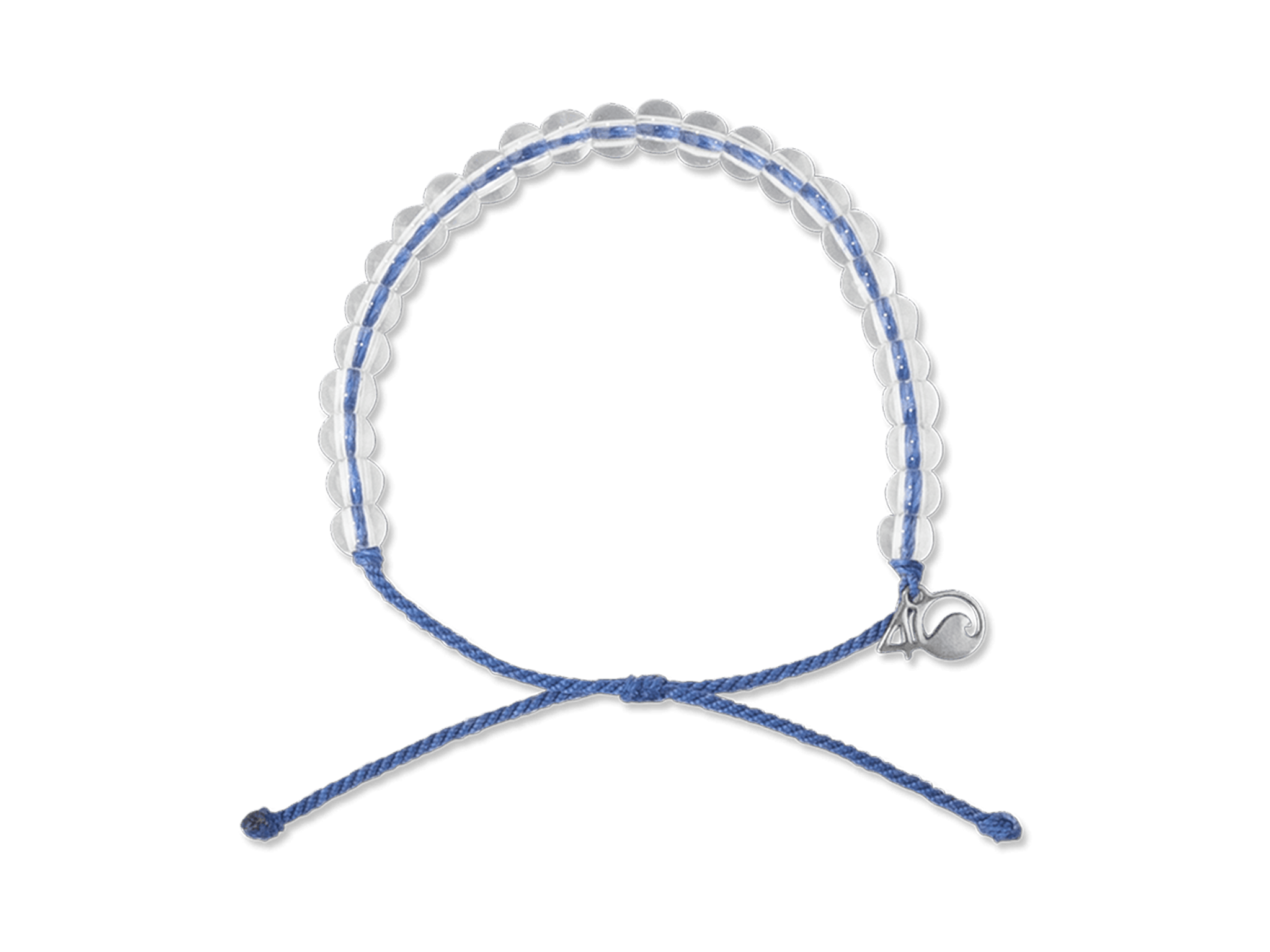
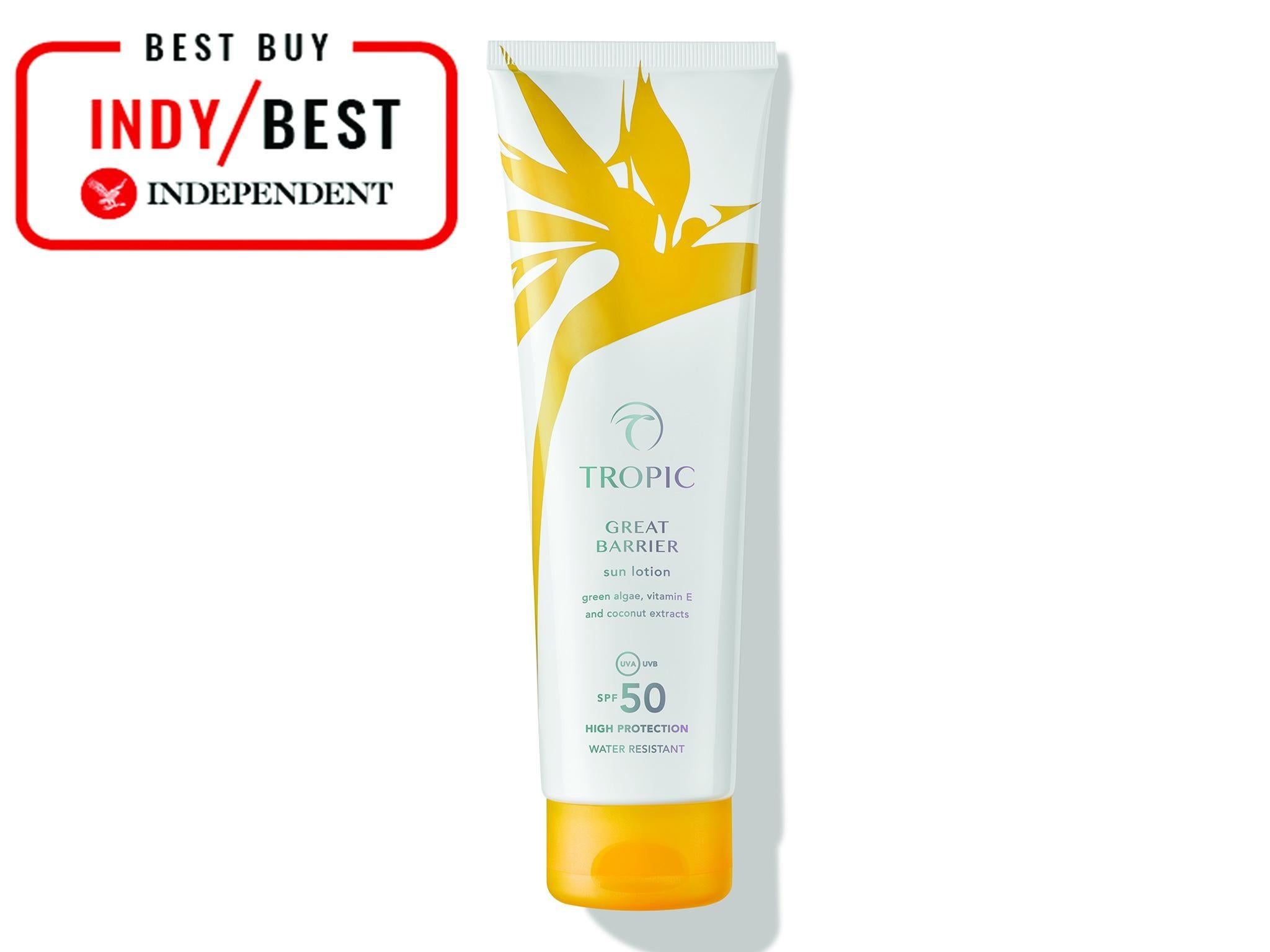
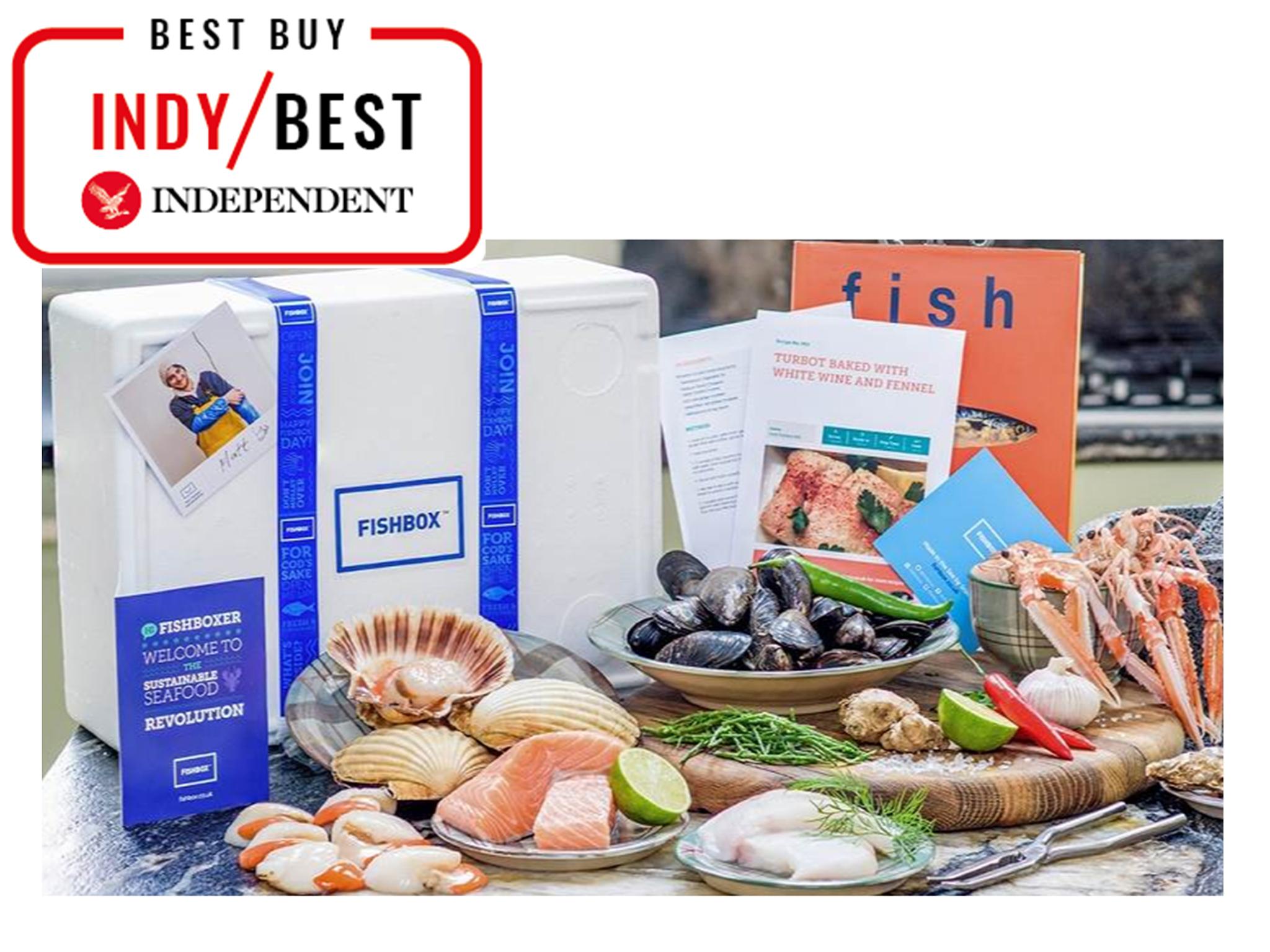
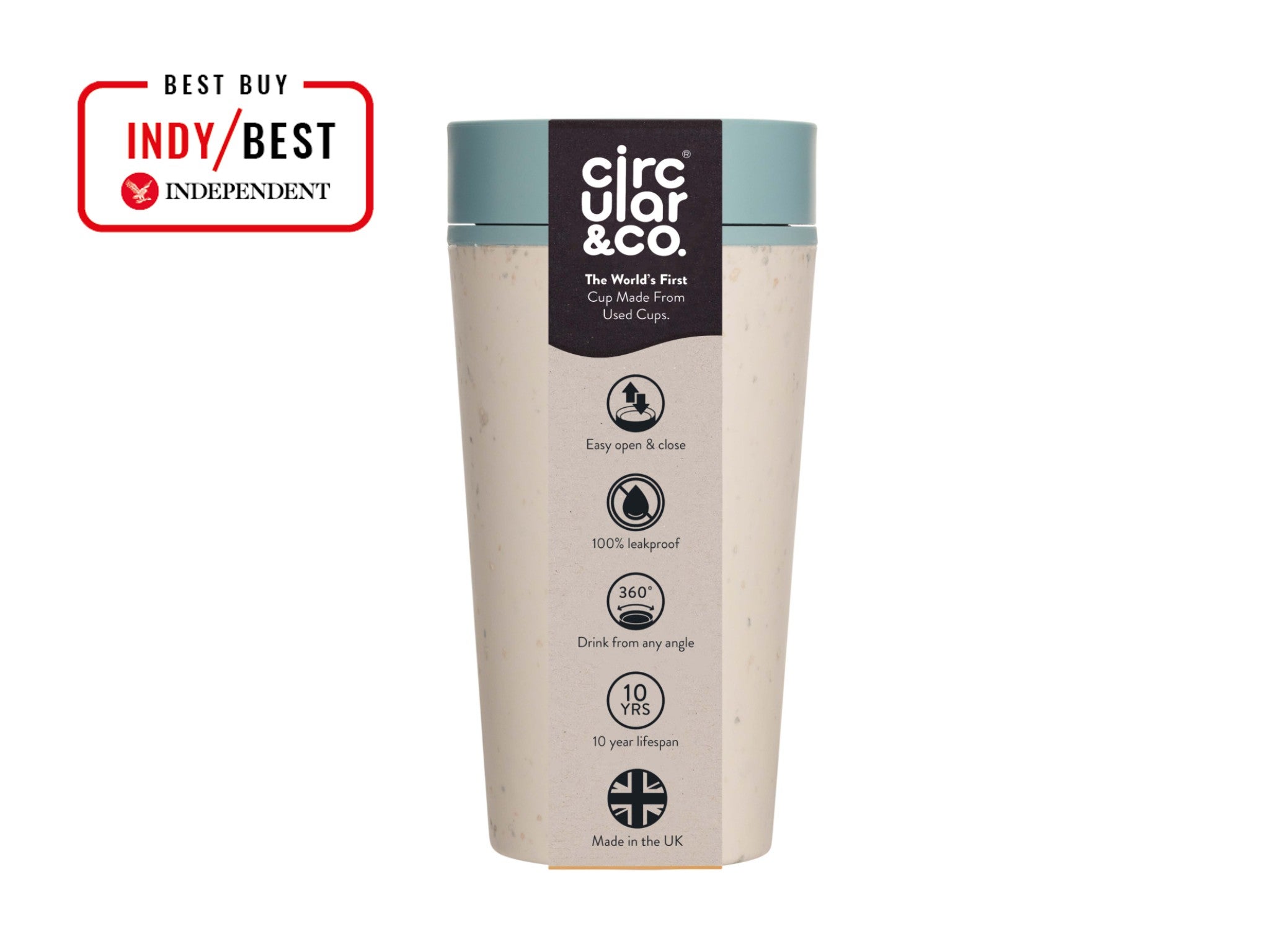
World Oceans Day – celebrated on 8 June – is an annual event established by the UN aiming to raise awareness of the vital importance our oceans have, and the role they play in sustaining a healthy planet. As a global celebration, it encourages people, organisations and nations to come together to highlight how we must protect and conserve our oceans.
This year’s theme is “Revitalization: Collective Action for the Ocean” – and it’s calling on uniting action to restore the ocean and its vibrancy while bringing it new life. The theme is intended to drum home the message that the ocean’s health is at a tipping point, as is the marine life that depends on it.
Home to some of the most rich and fragile ecosystems, our oceans are the lungs of the Earth and generate 70 per cent of the oxygen we breathe. Through regulating climate and weather patterns, hosting 80 per cent of the world’s biodiversity and providing millions of job opportunities, healthy oceans contribute to a healthy Earth.
But while our oceans are under threat – which is what the annual campaign helps to draw awareness to – human activities continue to cause a detrimental impact on entire marine ecosystems.
From coral bleaching and plastic pollution (9 million tons of plastic end up in our oceans each year) to rising sea levels and unsustainable fishing, our seas are changing at a rapid pace.
Read more:
It’s not all bad news, though – scientists say that sea life and ocean ecosystems could sustainably rebound in 30 years if humanity take serious action to protect species and rebuild natural habitats. An action plan that includes tackling climate change would bring about substantial recovery. World Oceans Day provides the perfect opportunity for us to show our love to our seas, raise awareness of the challenges facing our marine life, and pledge to develop ways to ensure the survival of our incredible blue planet.
From cutting down on single-use plastic and organising a beach clean-up to opting for reef-safe sunscreen, eco-friendly beauty products and reusable cups, here are the sustainable swaps you can make today and beyond that will make a difference.
Hydro Flask wide mouth, 946ml

It is estimated that the UK uses 14.1 billion drink bottles and more than four billion hot drink cups a year – it’s no wonder then that our oceans are drowning in plastic. We can all do our bit by pledging to avoid single-use plastic water bottles in favour of a reusable version.
In our review of best reusable water bottles, the Hydro Flask wide mouth came out on top. Our reviewer loved how well it kept cold drinks cold for up to 24 hours and hot drinks hot for as long as 12 hours. “It also has a wide mouth that makes drinking water a lot easier, and since it holds 946ml, you will hit your daily water quota without taking multiple trips to the tap,” they said.
Georganics natural toothtablets English peppermint

Trying an eco-friendly toothpaste swap means you will save countless toothpaste tubes (which add billions of harmful plastic particles to the ocean) from going to waste, as well as reducing the number of harmful chemicals that go down our drains. Tabs couldn’t be easier to use either – all you need to do is chew the tablet and then work it into your pearly whites with your toothbrush.
Formulated with organic peppermint oil, kaolin and cream of tartar, Georganics tabs are PETA-certified cruelty-free and vegan-friendly, as well as free from harmful synthetic ingredients. While slightly more expensive than a normal tube, there are 180 tablets in the jar – eight weeks of use for one person, twice a day. Once finished, keep the recyclable jar and order the refill of 720 tablets – one year’s worth of teeth cleaning.
Mouthwash tablets are also a great alternative to your everyday plastic bottle.
Wuka perform seamless midi brief

The average woman spends 2,535 days of her life on her period, and single-use period products are the fifth most common waste product washed up on our shores. The good news is that there are plenty of plastic-free alternatives.
Wuka’s perform seamless midi brief was our favourite sustainable period product, with our reviewer praising “the pants as incredibly smooth and silky” and that “they hug the body but don’t dig in”.
We were also impressed with how discreet they looked. “Even when worn under a satin slip skirt, there was no significant visible panty line (VPL). At the same time, they felt secure and absorbent,” said our tester. Wuka is also donating one per cent of sales to its charity partner, Surfers Against Sewage.
'Turning the Tide on Plastic: How Humanity (And You) Can Make Our Globe Clean Again' by Lucy Siegle, published by Orion

The more you learn about issues facing our oceans, the more you’ll want to help ensure their health, and then share your knowledge and educate others. Written by Lucy Siegle, journalist and presenter of BBC’s The One Show, Turning the Tide on Plastic provides lots of of real-life examples of encounters with unnecessary plastic in her life, and how to overcome it. With plenty of product swaps, helpful links and detailed information on the different types of plastics and how they can be recycled, this is an invaluable resource.
Earning a spot in our round-up of the best sustainable books, our reviewer said: “Given how many single-use water bottles, coffee cups and carrier bags we get through, Lucy reckons that if just 12 readers adopt her ‘reduce, rethink, refill, refuse’ approach, it could save up to 15,000 single-use plastic items from landfill every year.”
Raleigh stowaway

Not only do emissions from driving contribute significantly to global warming, but tyres also account for one of the greatest sources of microplastic pollution in our oceans, with Friends of the Earth estimating that up to 19,000 tonnes of tyre fragments get into UK waterways, rivers and seas each year.
Reduce the effects of climate change on the oceans by leaving your car at home and make cycling your new mode of transport. Our beginner’s guide to cycling has all the tips, tools and things you’ll need to get started.
This Raleigh foldable bike is a great option if you’re low on space and it took the top spot in our round-up of folding bikes. “This folder from Raleigh is a great choice for city dwellers and commuters alike,” they said. “At 14.5kg, it’s nippy around town thanks to those small 20in wheels, which are quick to get up to speed. The seven-speed gears, operated by a grip shifter, will also see you up all but the steepest hills.”
Ginger Ray rose gold stainless steel straws, pack of five

Around 8.5 billion plastic straws were thrown away each year in the UK. This posed a significant challenge to the environment – both on land and in seas and rivers.
Now that single-use plastic straws have been banned (since October 202, a delayed date due to coronavirus), invest in Ginger Ray’s stainless-steel reusable straws.
Ethique heali kiwi shampoo bar

While many of us know the ingredients we want to look for in our skin and hair care products – think vitamin C to brighten, hyaluronic acid to hydrate skin and keratin to make hair shinier – some chemicals hidden in our favourite products can be harmful on the environment. Many traditional bottled shampoos, for example, are filled with preservatives and chemicals that can strip hair of its natural oils, as well as cause damage to marine life. Plastic packaging is also harmful as marine animals ingest toxic microplastics, resulting in increased chances of disease and mortality, as well as issues associated with reproduction.
There are plenty of great, plastic and chemical-free alternatives. Ethique claims to be the world’s first zero-waste beauty brand. It only uses 100 per cent sustainably sourced ingredients that are vegan-friendly, cruelty-free, and free from parabens and sulphates. As a certified B Corp, the brand is living-wage certified and donates 20 per cent of its profits to environmental causes. The heali kiwi shampoo bar is a hero product, thanks to its nourishing ingredients that help to combat scalp issues and dandruff.
Surfers Against Sewage SAS tote bag

Surfers Against Sewage was founded in the 1990s by a group of like-minded surfers, swimmers and open-water enthusiasts who were united by one common goal: tackling chronic sewage and plastic pollution that was not only damaging our oceans but also making people ill. Fast forward to today and the group has grown into a leading marine conservation charity, inspiring ocean activism worldwide. Coordinating beach clean-ups and campaigning locally and nationally, the charity is leading the plastic-free movement with the help of volunteers. Take action by joining or organising a beach clean, fundraising or donating.
Show your support with this ocean people tote bag. It’s made from natural materials, shipped in plastic-free packaging and designed to be sent back and remade into new products, again and again, so replace single-use plastic bags for good.
4ocean the 4ocean bracelet

Founded on a mission to end ocean plastic, 4ocean is one of the biggest ocean clean-up organisations operating worldwide. It is solely funded by the sale of the bracelets, which are made from post-consumer recycled glass and plastic – each bracelet sale also funds the removal of 1lb of rubbish.
Wear this bracelet a reminder to curb your consumption of single-use plastic and show your support.
Tropic great barrier sun lotion, 200ml

Reefs are suffering from global climate change because of rising ocean temperatures, and the stress of warm water causing corals to bleach. Chemical-based sunscreens – in particular, those containing oxybenzone and octinoxate – can also induce the same bleaching response in coral.
Tropic’s great barrier sun lotion shone supreme in our round-up in the best eco-friendly sunscreens, with our tester noting that its lightweight texture, natural scent and non-sticky formula made it a standout.
Fishbox small box

Overfishing poses one of the greatest threats to marine life – 30 per cent of global fish populations are currently being overexploited, resulting in adverse effects to marine biodiversity and ecosystems. Destructive fishing methods – such as using dynamite or cyanide to kill fish, or dragging trawling nets along the ocean floor – also cause ecological destruction beyond depleting fish populations, such as catching unwanted sea creatures as well as damaging coral.
Consider sourcing fish from local fishmongers or suppliers such as Fishbox. Taking the BestBuy in our round-up of the best fish and seafood boxes, the company buys fresh and sustainable fish directly from small independent boats across Scottish waters to bring seafood to your door within 48 hours. Buying directly from the fisherman not only means they’ll get a fair price, but only a careful selection of boats using responsible fishing methods are used, meaning less strain on fish stocks.
“Along with the big names like monkfish, salmon and incredible Shetland king scallops, Fishbox also prides itself on buying species of fish the big supermarkets don’t – helping to prevent food waste and bring you more interesting and unusual fish to enjoy, seasonally,” our tester said.
Circular&Co reusable coffee cup, 355ml

In the UK, 2.5 billion coffee cups are thrown away every year – a number that could be prevented with the wider use of reusable coffee cups. In our yearly round-up of the best reusable coffee cups, we’ve repeatedly named the Circular&Co reusable coffee cup as our best buy.
“Even after testing many different mugs, it’s still our favourite in all the factors we consider important – not least because the company helps tackle the problem of takeaway cups in more ways than one,” said our reviewer. The brand collects millions of used coffee cups across the country, cleaning and shredding them to blend the material with recycled polymer to make its reusable cup.
“The smooth cup allows for a 360-degree drinking experience, which means it feels no different to drinking from a standard mug or coffee cup, and it kept our drinks hot for longer than an hour,” praised our tester.
Voucher codes
For discounts on homeware and beauty, try the links below:
These are the B Corp-certified companies and ethical brands you need to know about
